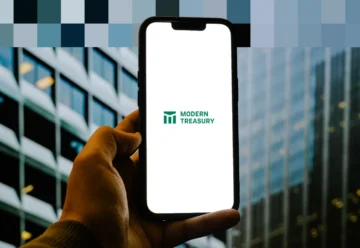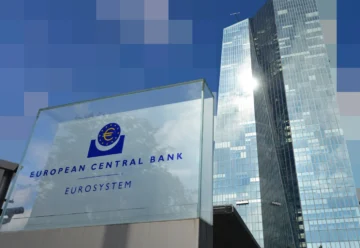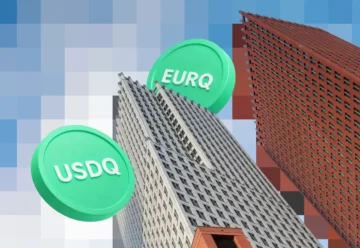Israel and Hong Kong Complete Joint Testing of Retail CBDC

The central banks of Hong Kong and Israel, in cooperation with the Bank for International Settlements (BIS), have published the results of Project Sela, a joint project aimed at exploring the use of a retail central bank digital currency (rCBDC) with private intermediaries.
The Bank of Israel (BoI), the Hong Kong Monetary Authority (HKMA), and the Bank for International Settlements (BIS) have reported the successful completion of Project Sela, a joint initiative aimed at testing and developing a central bank digital currency (CBDC) suitable for mass retail use.
The project has proven that retail CBDCs can replace paper money without compromising user security and privacy. The main advantage of digital currency is its accessibility to private financial institutions. Project Sela tested the feasibility of using rCBDC by banks, credit cooperatives, and similar organizations.
One of the key goals of Project Sela was to create an accessible, competitive, and innovative retail CBDC ecosystem for a wide range of uses. Thus, the project tested:
- the creation of a ledger of pseudo-anonymous CBDC end-user accounts;
- the ability to perform instant settlement in CBDCs through the Real-Time Gross Settlement (RTGS) system;
- managing and converting CBDCs into bank deposits and cash through private financial institutions;
- using an intermediary, the Access Enabler, which provides customer service, including customer identification procedures, transaction signing, and routing.
According to Benedicte Nolens, Head of the BIS Innovation Hub Hong Kong Centre, the use of Access Enablers will solve liquidity and settlement problems by eliminating the need to keep users’ rCBDCs on the balance sheet of the intermediary. She said that the feature would also reduce the maintenance costs of payment blockchain services.
Project Sela’s results showed that rCBDC users aren’t required to have accounts with financial institutions to use their services. Settlement of the digital currency will be handled by central banks, and users will retain full control over their e-wallets.
According to Howard Lee, Deputy Chief Executive at Hong Kong Monetary Authority, the results of Project Sela will be taken into account in the development of the digital Hong Kong dollar (e-HKD), the pilot project of which was launched a few months ago.
The Bank of Israel is actively experimenting with CBDCs, considering the digital shekel as an alternative to traditional money.











